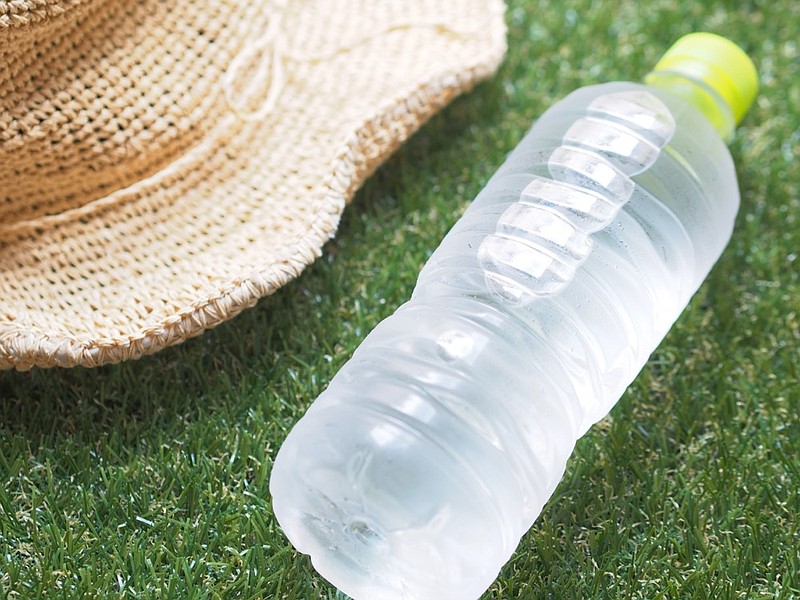While summer provides a great time for families to enjoy outdoor activities, extreme temperatures can cause potential safety risks for adults 65 and older.
Seniors are especially vulnerable to side effects of high heat indexes, including heat stroke, heat exhaustion, heat cramps, sunburn and heat rash, according to a release from Home Instead Senior Care.
"June through September is when most families plan trips and spend extended periods of time outdoors," says Lakelyn Hogan, Gerontologist and Caregiver Advocate of Home Instead Senior Care. "Older adults should participate in these family activities, while taking extra steps to ensure their comfort and safety. Be sure your loved one takes frequent indoor breaks, carries and properly stores medications, and wears light colored clothing."
Here are some tips from Home Instead Senior Care on how to keep seniors safe and cool throughout the summer.
* Take preventive health measures, like preparing for summer heat exposure by choosing protective clothing. Mayo Clinic recommends wearing loose-fitting, lightweight clothing to allow the body to better cool itself naturally. Adding a broad-brimmed hat or cap can also help keep internal temperatures low and protect from sunburn – a condition that heightens the risk of heat stroke by lessening the skin's ability to regulate heat.
* Plan ahead to avoid strenuous activity during the hottest parts of the day. Many activities such as running errands or visiting friends and family members can be rescheduled for the morning or evening hours, when temperatures are cooler and the sun's rays are less direct. If the time cannot be adjusted, stay hydrated and rest frequently in a cool area to avoid the increased risk of overheating.
* Pay attention to symptoms of heat-related health problems. The University of Connecticut found that older adults are the most susceptible demographic to dehydration due to reduced kidney function that occurs naturally as we age, as well as the frequent use of diuretics often taken for high blood pressure, according to AARP. Be aware of muscle cramps, dizziness, headaches, constipation or impaired memory or concentration function. Also monitor for heat stroke, which can prevent itself through high body temperature, confusion or slurred speech, flushed skin, rapid breathing and a headache.
* Take action to cool someone experiencing heat-related symptoms. Once a symptom is identified, immediate action is critical to treat the senior and prevent escalation in the reaction. Mayo Clinic shares three steps:
- Get the person in the shade, indoors and out of the heat
- Remove any excess clothing to help the body breathe
- Cool the person with whatever means available (e.g. place a wet towel on the person's head, neck or armpits or submerge the individual in cool water)
* Monitor and/or assist with medications. Some prescribed medications may affect a senior's natural ability to stay hydrated and dissipate heat. Talk with your senior and their doctor about any increased risks assumed by taking these types of medications.
